Researchers
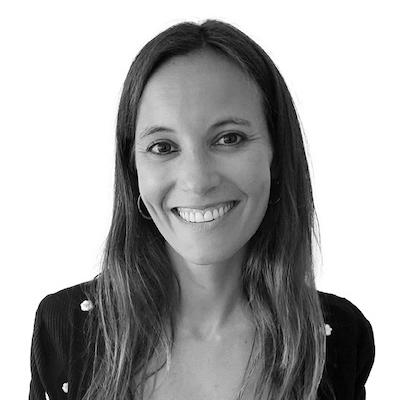
Ester Planas-Rigol is Omniscope’s Head of Laboratory. With a bachelor’s degree in Biotechnology, a master’s in Biomedicine, and a PhD in Medicine, she has 15+ years of experience in biomedical translational research in the field of immunology in excellent research centers such as QIMR (Australia), NIH (USA), Hospital Clinic de Barcelona (Barcelona), and VHIO (Barcelona). Her PhD was focused on the study of new immune-related biological targets to develop therapeutic approaches to treat autoimmune diseases. Her postdoc focused on the immuno-oncology field, with a relevant contribution to the development of patient-derived 3D models to study immune cell infiltration towards the tumor for use as a platform to screen new immunotherapeutic compounds. Her research has been translated into clinical trials and high-impact publications.
Workpackages involved in:
-
WP1: Harmonization of clinical data and cohort studies
-
WP2: Epigenetic signatures in HIV and SARS-CoV-2 infection and impact on virus-specific host immunity and virus control
-
WP3: Role of epigenetic regulation in the response to HIV and SARS-CoV-2 vaccination
-
WP5: Therapeutic targeting of epigenetically controlled antiviral host factors
-
WP7: Management, communication and exploitation
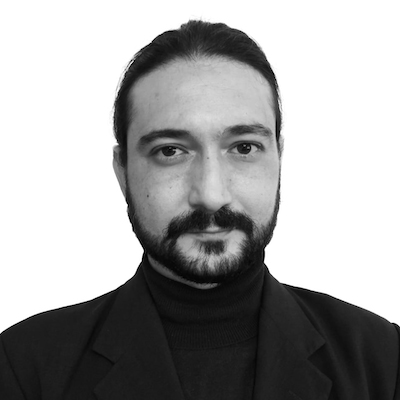
With 15+ years of experience in developing, managing and communicating EU, institutional, and nationally funded projects, Geoffrey supports Omniscope R&D projects administratively. A firm believer in the triple-win approach through collaboration, his passion is seeing change brought about through the application of technology, for the benefit of society in general.
Workpackages involved in:
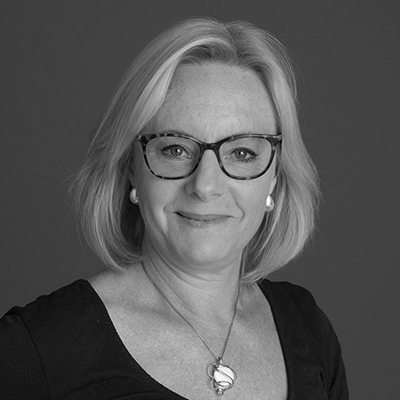
Gunilla Karlsson Hedestam is Professor at Karolinska Institutet in Stockholm, Sweden. A central question her research addresses is how our genes influence adaptive immune responses to vaccines, infections and autoantigens. To investigate this, her group combines deep sequencing of B cell and T cell receptor repertoires with personalized genotyping and isolation of anti-viral monoclonal antibodies for functional and structural studies. She received a BSc from Uppsala University in 1990 and a PhD from the University of Oxford in 1993. Between 1994 and 1998, she was a post-doctoral fellow at Harvard Medical School in Boston. She is a tenured Professor at Karolinska Institutet since 2012. She is a member of the Royal Swedish Academy of Sciences since 2020 and the chair of the Committee for the Nobel Prize in Medicine or Physiology for 2023.
Workpackages involved in:
-
WP1: Harmonization of clinical data and cohort studies
-
WP2: Epigenetic signatures in HIV and SARS-CoV-2 infection and impact on virus-specific host immunity and virus control
-
WP3: Role of epigenetic regulation in the response to HIV and SARS-CoV-2 vaccination
-
WP6: Biosystems analyses in HIV and SARS-CoV-2 infection
-
WP7: Management, communication and exploitation

Dr. Heyn is Omniscope’s Scientific Cofounder and group leader of the Spanish CNAG-CRG, focusing on the systematic integration of genomic data to elucidate causalities underlying phenotype formation. Dr. Heyn published 91 articles (and 3 book chapters) including publications in high-ranked scientific journals, such as Cell, Nature Biotechnology, Nature Reviews Genetics, etc – 13,086x cited. The EU (ERC and H2020) and Chan Zuckerberg Initiative (CZI) support Dr. Heyn’s work in the Human Cell Atlas Project (B-cell lineage, Pancreas and Kidney Atlas), where he is also co-chairing the Standards and Technology Working Group and hosted the 2019 Annual HCA meeting. Dr. Heyn further contributed to other international research consortia, including the European Epigenome (BLUEPRINT) and the Cancer Genome Atlas (TCGA) Projects.
Workpackages involved in:
-
WP1: Harmonization of clinical data and cohort studies
-
WP2: Epigenetic signatures in HIV and SARS-CoV-2 infection and impact on virus-specific host immunity and virus control
-
WP3: Role of epigenetic regulation in the response to HIV and SARS-CoV-2 vaccination
-
WP5; Therapeutic targeting of epigenetically controlled antiviral host factors
-
WP7: Management, communication and exploitation
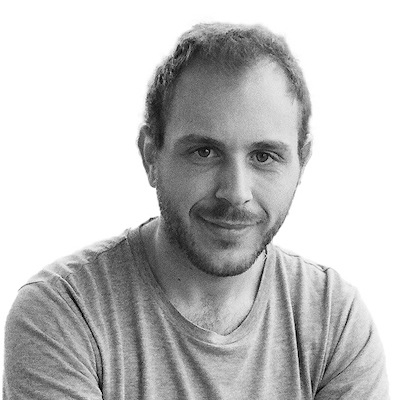
Juan Luis Melero is a member of the Computational Biology team in Omniscope, with a Bachelor’s degree in Biochemistry and Molecular Biology, a Master’s degree in Bioinformatics for Health Sciences, and is currently studying for a Bachelor’s degree in Mathematics. Juan Luis’s projects have focused on immunology. Past research includes gene expression analysis in autoimmune diseases, and analyzing RNA processing features in acute lymphoblastic leukemia patients. Juan Luis’ focus at Omniscope is research into the T cell receptor repertoire. He would like to apply his knowledge of biochemistry, molecular biology, bioinformatics, and mathematics to improve current healthcare technologies and help to build a whole healthy world.
Workpackages involved in:
-
WP1: Harmonization of clinical data and cohort studies
-
WP2: Epigenetic signatures in HIV and SARS-CoV-2 infection and impact on virus-specific host immunity and virus control
-
WP3: Role of epigenetic regulation in the response to HIV and SARS-CoV-2 vaccination
-
WP5; Therapeutic targeting of epigenetically controlled antiviral host factors
-
WP7: Management, communication and exploitation
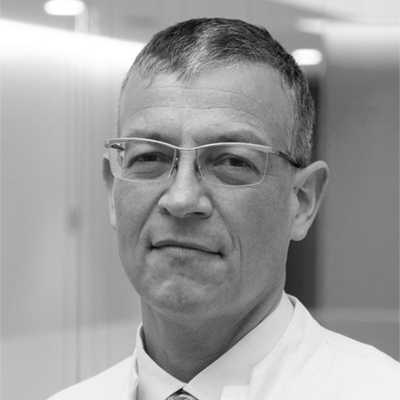

Prof. Robert Bals is a physician scientist and studied medicine and biology at the Ludwig Maximilians University in Munich. He trained as a postdoctoral fellow at the University of Pennsylvania, Philadelphia, USA. Prof. Bals was appointed Director of the Department of Internal Medicine V at the Saarland University in 2010, where Prof. Bals focuses on teaching, research and patient care. His research areas are inflammatory lung diseases, asthma, COPD and infections including COVID-19. In the area of basic research, Prof. Bals and his team are investigating the mechanisms how the lung interact with the environment and what functions stem cells and regeneration have in this. In clinical research, he conducts studies on COPD, asthma, pneumonia, and COVID-19.
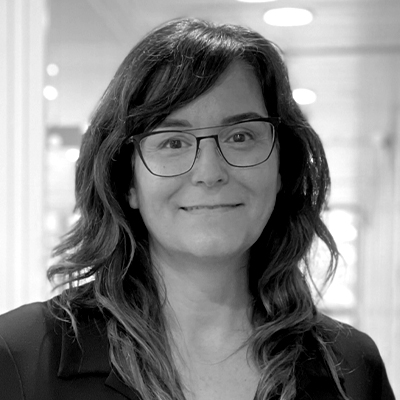

Born in Lleida in 1977, Beatriz Mothe, MD, PhD, has been employed at IrsiCaixa since 2007. Her PhD, completed under a national competitive post-specialization programme for physicians (ISCIII Rio Hortega CM08/00020 2009-2011) was on the subject of immunological, virological and genetic HIV-control mechanisms that could be incorporated into the rational design of novel therapeutic vaccine candidates (Catalan Award for Best Thesis on Infectious Diseases in 2012).
She has actively participated in pre-clinical testing of a novel HIV T-cell immunogen called HTI, designed to redirect cytotoxic T-cell responses to protective and conserved HIV targets capable of controlling viral replication. Following US research stays at the Ragon Institute of MGH, MIT and Harvard (formerly Partners AIDS Research Center) and the National Cancer Institute at Frederick, after taking up a research fellowship position (ISCIII Joan Rodés JR13/00024 2014-2016), she is currently an associated researcher at the Host Genetics and Cellular Immunology group led by Dr. Brander in IrsiCaixa.
Workpackages involved in:
-
WP1: Harmonization of clinical data and cohort studies
-
WP2: Epigenetic signatures in HIV and SARS-CoV-2 infection and impact on virus-specific host immunity and virus control
-
WP3: Role of epigenetic regulation in the response to HIV and SARS-CoV-2 vaccination
-
WP4: Epigenetic regulation of host factors involved in HIV neuro-associated disorders and long-COVID/PACS with neurological consequences
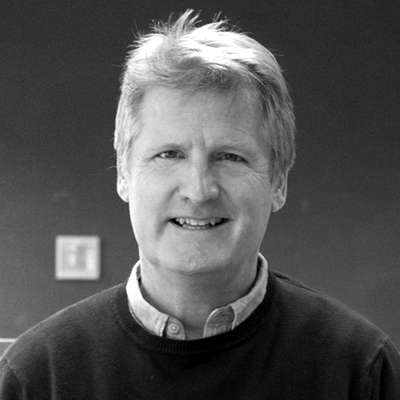

Christian Brander graduated from the University of Bern in 1994 with a PhD in Immunology, having studied exogenous antigen re-presentation on HLA class and T-cell-mediated hyper-reactivity to penicillin. He spent the next 13 years at Harvard University, where he focused on cellular immunity to viral infections and the impact of host genetics on this immune response. He was awarded a Catalan Institute for Research and Advanced Studies (ICREA) senior professorship in 2008 to continue his work on host genetics and cellular immunity to viral infections, including HIV, HCV and herpesviruses such as Kaposi’s sarcoma-associated herpesvirus and Epstein-Barr virus. He is a curator of the Los Alamos HIV Immunology database and the scientific director of the Catalan HIVACAT programme for the development of effective preventive and therapeutic HIV vaccines. He holds associate professor positions at Vic University (UVic).
Workpackages involved in:
-
WP1: Harmonization of clinical data and cohort studies
-
WP2: Epigenetic signatures in HIV and SARS-CoV-2 infection and impact on virus-specific host immunity and virus control
-
WP3: Role of epigenetic regulation in the response to HIV and SARS-CoV-2 vaccination
-
WP4: Epigenetic regulation of host factors involved in HIV neuro-associated disorders and long-COVID/PACS with neurological consequences
-
WP5: Therapeutic targeting of epigenetically controlled antiviral host factors
-
WP6: Biosystems analyses in HIV and SARS-CoV-2 infection
-
WP7: Management, communication and exploitation
-
WP8: Ethics requirements
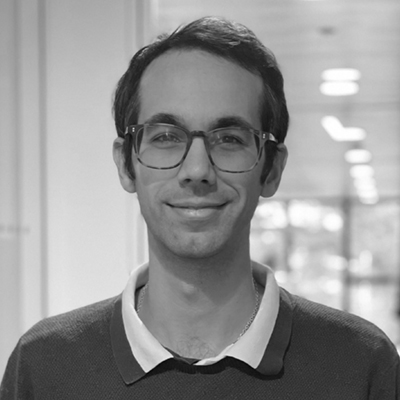

His interest in biology and engineering led him to study Biotechnology and later zoom in bioinformatics. As a bioinformatician his research has been in multiple fields along his career from undergraduate to postdoctoral fellow: Pichia pastoris metabolism, alcoholic liver disease, inflammatory bowel disease and currently in host genetics and cellular immunology. His focus lately has been in data integration from multiple omics. His desire in improving the delivery of results has led him to pick interest in enrichment analysis methods to provide better biological insight to handle the amounts of data and provide them to the community he learnt system administration and research software engineering best practices to improve his coding skills.
Workpackages involved in:
-
WP1: Harmonization of clinical data and cohort studies
-
WP2: Epigenetic signatures in HIV and SARS-CoV-2 infection and impact on virus-specific host immunity and virus control
-
WP4: Epigenetic regulation of host factors involved in HIV neuro-associated disorders and long-COVID/PACS with neurological consequences
-
WP6: Biosystems analyses in HIV and SARS-CoV-2 infection
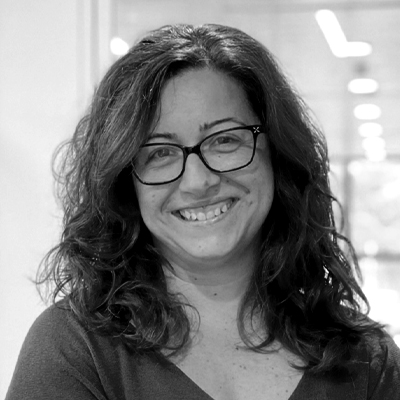

Marta Ruiz-Riol graduated in Biology from the University of Barcelona. She then worked in the Immunology laboratory at Banc de Sang i Teixits (LIRAD-BST) for 1 year as a diagnostic technician. There she also undertook her doctoral thesis, led by Dr. Ricardo Pujol-Borrell (Autonomous University of Barcelona), based on the study of the mechanisms of loss of self-tolerance (peripheral and central) in organ-specific autoimmune diseases through the application of -omics.
In 2011 she joined the research group led by Dr Christian Brander at IrsiCaixa. Since then, she has applied system biology analysis (including proteins arrays, transcriptomics and epigenetics), as well as the “boosted-flow” (patented flow cytometry methodology) for the identification of biomarkers and specific CD4 and CD8 T HIV responses associated with HIV infection control. Some of these studies shed light on the relevance of HIV virus at nervous system, opening a new research line based on the study of biomarkers associated with the neuro(dys)function caused by HIV.
Workpackages involved in:
-
WP1: Harmonization of clinical data and cohort studies
-
WP2: Epigenetic signatures in HIV and SARS-CoV-2 infection and impact on virus-specific host immunity and virus control
-
WP3: Role of epigenetic regulation in the response to HIV and SARS-CoV-2 vaccination
-
WP4: Epigenetic regulation of host factors involved in HIV neuro-associated disorders and long-COVID/PACS with neurological consequences
-
WP5: Therapeutic targeting of epigenetically controlled antiviral host factors
-
WP6: Biosystems analyses in HIV and SARS-CoV-2 infection
-
WP7: Management, communication and exploitation
-
WP8: Ethics requirements
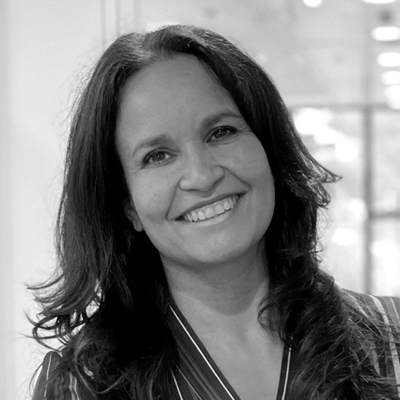

Workpackages involved in:
-
WP2: Epigenetic signatures in HIV and SARS-CoV-2 infection and impact on virus-specific host immunity and virus control
-
WP3: Role of epigenetic regulation in the response to HIV and SARS-CoV-2 vaccination
-
WP4: Epigenetic regulation of host factors involved in HIV neuro-associated disorders and long-COVID/PACS with neurological consequences
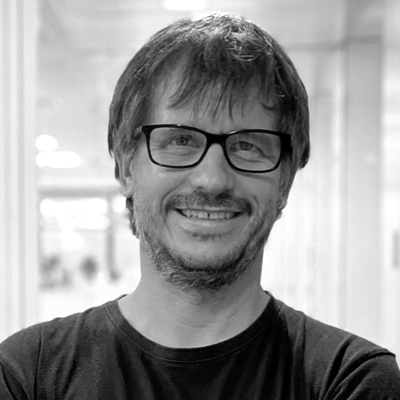

Workpackages involved in:
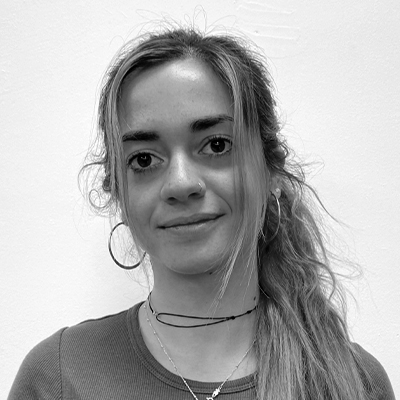
PhD Student in Animal Medicine and Health in the zoonotic coronavirus group at IRTA-CReSA. In 2022, I earned my D.V.M. degree from the Universitat Autònoma de Barcelona (UAB).
Workpackages involved in:
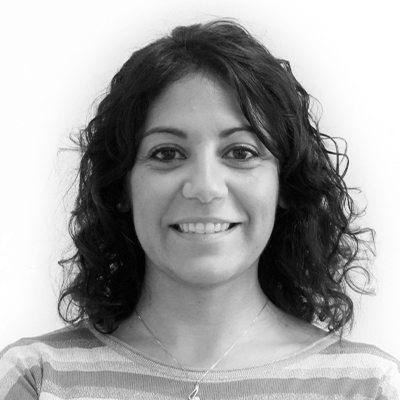
Degree in Biotechnology and Master in Industrial Biotechnology from the University of Padua (Italy), PhD in Biomedical Research from the University of Navarra. First author of 6 scientific publications and more than 10 communications to congresses. From the beginning of her research career she was devoted to the development and characterization of animal models of infectious diseases, specializing in the interaction between the host and the hepatitis delta virus (HDV), the main subject of her doctoral thesis. She carried out post-doctoral research activity for more than two years at the Blizard Institute Centre for Immunobiology, Queen Mary University of London (UK), focused on the characterization of the immune system in HDV patients and, in parallel, on the study of antibody production against SARS-CoV-2. Dr. Usai joined IRTA in January 2022, as a post-doctoral researcher in the Zoonotic Coronavirus group.
Workpackages involved in:
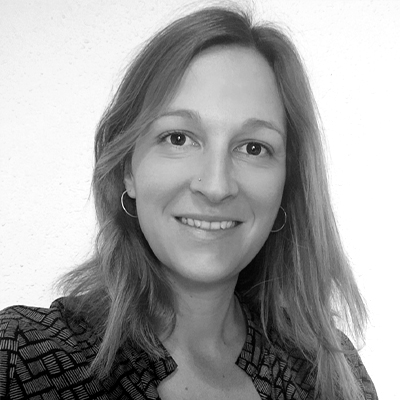
Cristina Lorca Oró is a biologist currently working at IRTA-CReSA, a research center with biosafety level 3 facilities specialized in infectious diseases. In 2012, she earned her PhD in Medicine and Animal Health focused on arboviruses, vaccines, and wildlife. After completing her PhD, she was working for four years in the HIV field as a postdoc and continued her career as Scientific writer. Then, in 2020 she joined the current position as researcher at the Zoonotic Coronaviruses group at IRTA-CReSA.
Workpackages involved in:
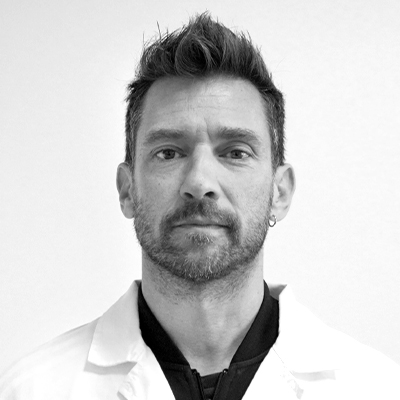
Enric Vidal, DVM, PhD. (Barcelona 1977). Since 2002 has been in charge of the animal prion disease reference laboratory of Catalonia. PRIOCAT performs the screening and confirmatory diagnosis of animal TSEs in Catalonia’s ruminant livestock and also develops a research line on TSE neuropathology based on the study of field cases and murine transgenic models. Since 2007 he manages the Slaughterhouse support service (SESC) commissioned by the Health Department of the Generalitat de Catalunya (www.sesc.cat). It is a support service to aid meat inspectors obtain a final diagnosis on slaughterhouse findings. He also participates in research and pathological diagnosis of Tuberculosis surveillance and eradication program.
Workpackages involved in:
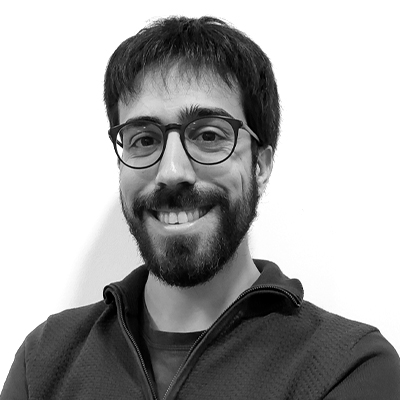
Ferran Tarrés-Freixas obtained a BSc. in Biomedical Sciences at the Autonomous University of Barcelona (UAB; 2010-2014) and an MSc. In Drug Design at Biomedical Sciences (2014-2015) at the Edinburgh Napier University. He pursued a PhD in Advanced Immunology (UAB) at the IrsiCaixa AIDS Research Institute (2016-2021) developing and optimizing an enveloped Virus-like Particle (VLP) as a vaccine platform for HIV. During the COVID-19 pandemics, he worked with SARS-CoV-2 mouse models in collaboration with IRTA-CReSA to study the virological and pathological aspects of SARS-CoV-2 and its variants. Currently, he is a postdoctoral researcher in the Coronavirus Group from IRTA-CReSA and his main areas of interest are zoonotic viruses and the development of organoids as an alternative model to animal experimentation.
Workpackages involved in:
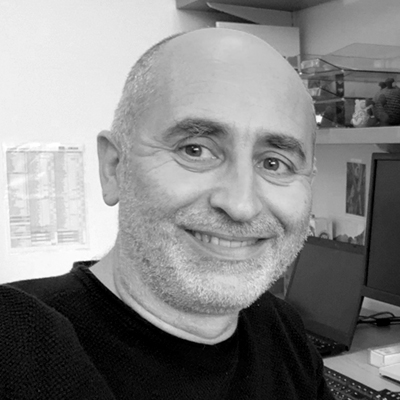
DVM and PhD in Veterinary Sciences. Co-principal investigator of the zoonotic coronavirus group at IRTA-CReSA and full professor at the Veterinary School of the Universitat Autònoma de Barcelona. Dr. Segalés is member of the WHO’s animal model study group for COVID-19 since April 2020. He has 30-year experience working on infectious diseases of animals and animal models and since 2014 he has been working with zoonotic coronaviruses including MERS-CoV and then SARS-CoV-2 since 2020.
Workpackages involved in:
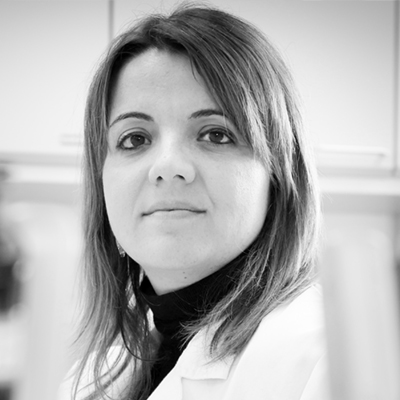
PhD in Animal Medicine and Health and Principal Investigator of the zoonotic coronavirus group at IRTA-CReSA. Dr. Vergara-Alert is member of the WHO’s animal model study group for COVID-19 since April 2020. She is also a member of the Horitzó Group created by the Government of the Generalitat to advise on country strategies in research and is part of the HIPRA biotech pharmaceutical Expert Advisory Committee for the vaccine project against COVID-19. In 2022 she was awarded the Veterinary Research Award for Animal’s Health and also received the National Young Talent Research Award for the Catalan Foundation for Research and Innovation.
Workpackages involved in:
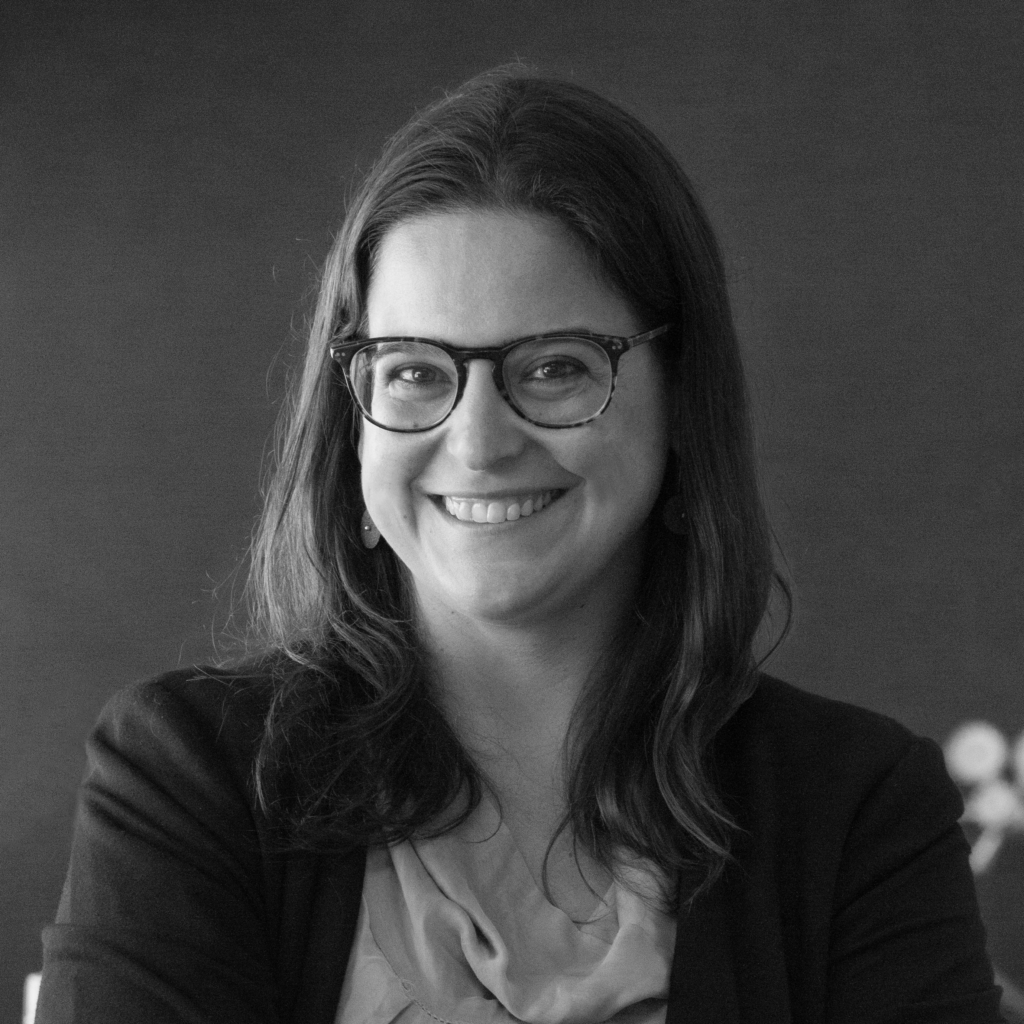

Marta Massanella is a research scientist at IrsiCaixa (Spain). She is involved in several clinical studies to understand HIV immunopathogenesis and viral reservoirs. In addition, she is leading clinical, immunological and virological studies on post-COVID-19 condition or Long Covid to identify biomarkers to improve their diagnostic and provide understanding on the mechanisms underlying this condition.
Workpackages involved in:
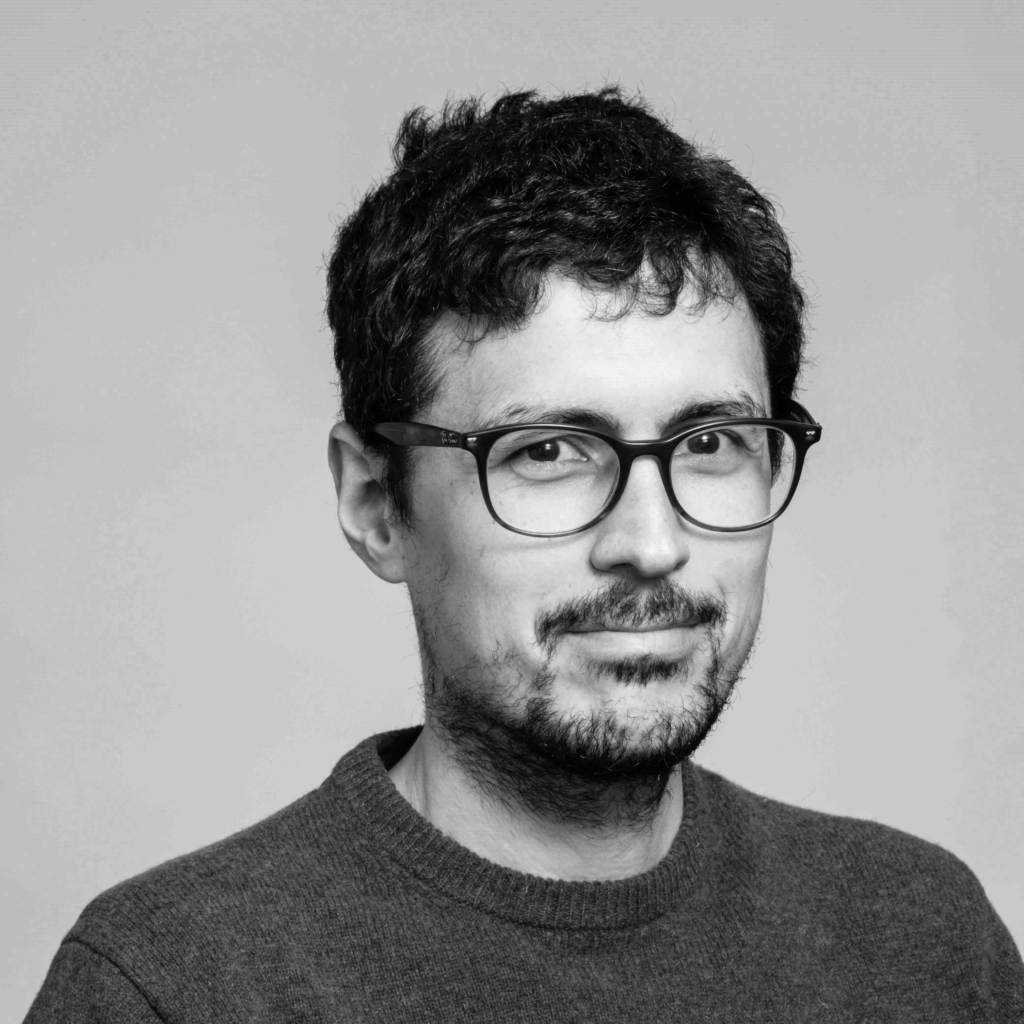
Xaquin is a veterinarian-immunologist investigating genetic mechanisms in the adaptive immune system.
Workpackages involved in:
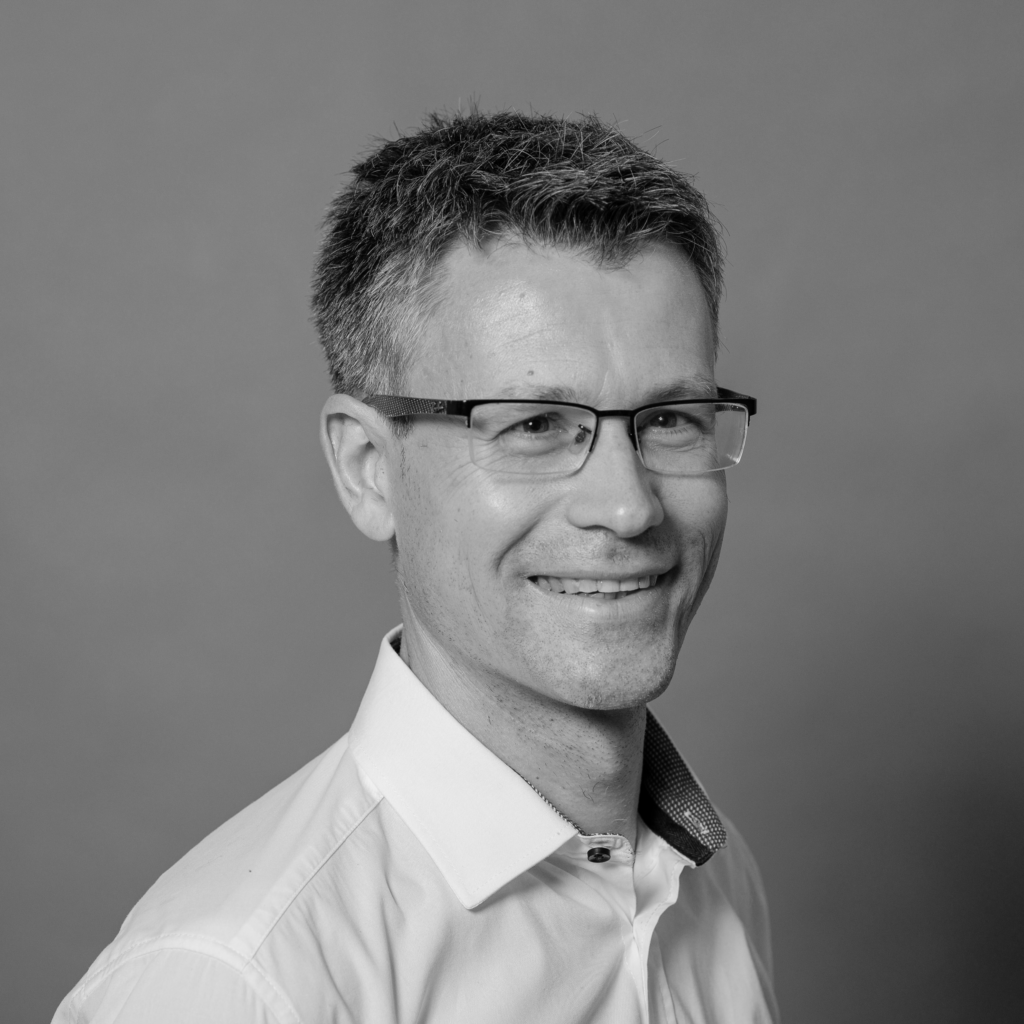

Prof. Dr. Andreas Keller has been a Full Professor of Clinical Bioinformatics at Saarland University since 2013. From 2019 to 2021, he served as a Visiting Professor at Stanford University, US, too. Since 2022 he has also been heading the department of Clinical Bioinformatics at HIPS. His research focuses on using computer-assisted methods to analyze RNAs. One area of research is on the regulatory mechanisms of non-coding RNAs, as well as the effect of various influencing factors on the single-cell transcriptome, which is resolved in both time and space. Based on his experience in modeling regulatory influences, Keller has dedicated his HIPS department to studying the interaction of bacteria with humans. In this research, he explores the exchange of information and material between commensal and pathogenic bacteria, as well as their host.
Workpackages involved in:
-
WP1: Harmonization of clinical data and cohort studies
-
WP2: Epigenetic signatures in HIV and SARS-CoV-2 infection and impact on virus-specific host immunity and virus control
-
WP3: Role of epigenetic regulation in the response to HIV and SARS-CoV-2 vaccination
-
WP4: Epigenetic regulation of host factors involved in HIV neuro-associated disorders and long-COVID/PACS with neurological consequences
-
WP5: Therapeutic targeting of epigenetically controlled antiviral host factors
-
WP6: Biosystems analyses in HIV and SARS-CoV-2 infection
-
WP7: Management, communication and exploitation
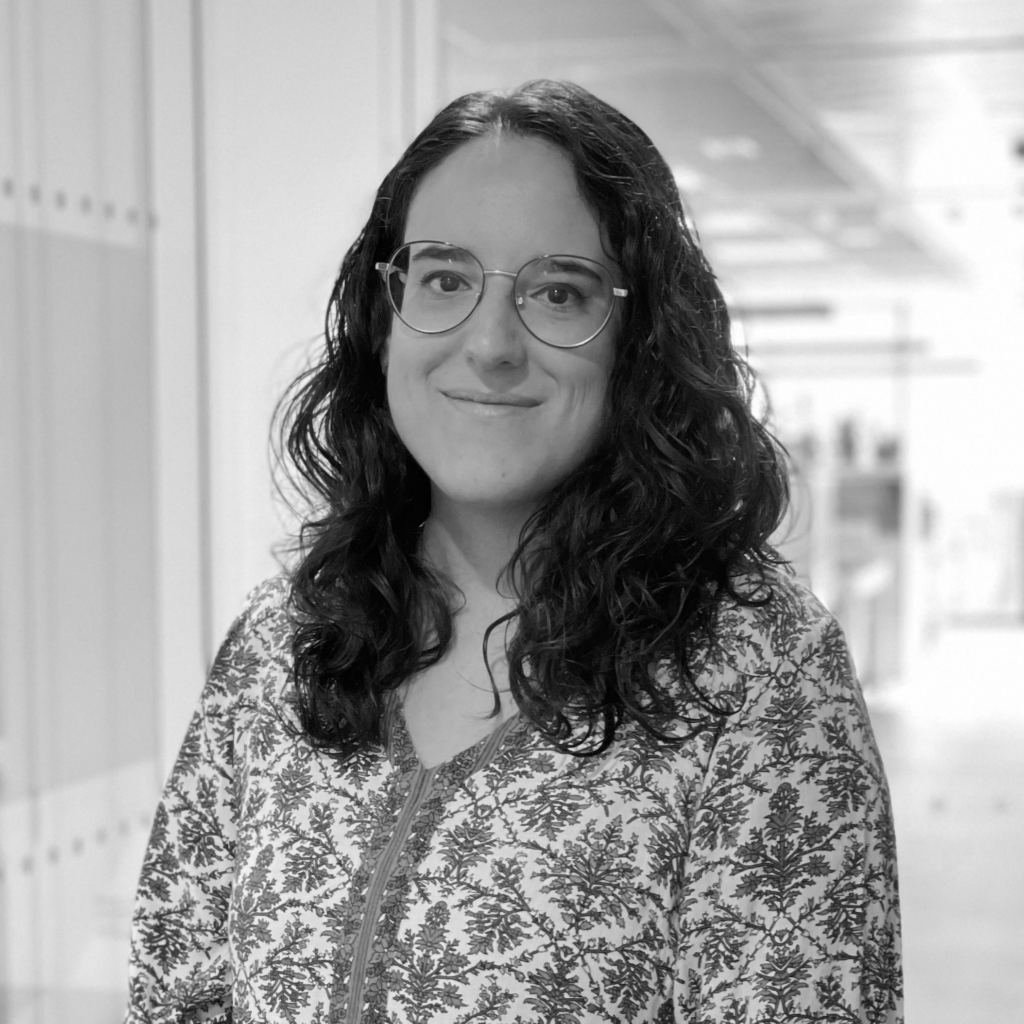

With a strong interest in biological sciences, Sonia Villanueva-Hernández pursued her studies in Biology followed by a master’s degree in Advanced Microbiology. In late 2017, she continued her academic education at the Veterinary Medicine University of Vienna, Austria, where she earned a PhD in Immunology. Her research focused on the porcine immune system, with a particular emphasis on porcine plasma cells and T follicular helper cells, leading to her graduation in 2023. During her academic journey, she joined The Pirbright Institute in the United Kingdom as a research scientist, where she investigated the dynamics of plasma cells in pigs experimentally infected or vaccinated for Influenza and porcine coronavirus respiratory virus.
Her profound interest in immune system dynamics led her to join the group of T-cell immunology and vaccines led by Christian Brander at IrsiCaixa as a postdoctoral researcher. In this role she applies her extensive knowledge of the immune system to study pathogen-specific T-cell responses in people living with HIV during the progression of the disease and during co-infection. Additionally, she will be involved in the EPIVINF project (funded by the European Comission) and EPIVIRCO project (supported by LaCaixa). These projects aim to identify epigenetic regulators in HIV and SARS-CoV-2 infections that are linked to neurocognitive disorders associated with the viruses and their relation to HIV-Associated Neurocognitive Disorders (HAND) and long COVID.
Workpackages involved in:


In 2019, Igor graduated in Biology at Federal Fluminense University, in Rio de Janeiro (Brazil). During his bachelors, he did a research internship at Fiocruz, focusing his work on the immunopathogenesis of HIV-1. In 2022 Igor did a Master’s of Science on Vaccinology, in an international cooperation between Spain, Belgium and France, when pursued an internship at Janssen Vaccines (Netherlands), focusing his master thesis on cellular immune responses post-vaccination.
Igor is currently a pre-doctoral researcher at IrsiCaixa, where he’s part of the T-cell Immunology and Vaccines group, led by Christian Brander. Igor’s doctoral thesis is focused on the clinical and pre-clinical immune monitoring of HIV therapeutic vaccines, as well as on the comparison of prophylactic vaccination between people with and without HIV, and on HIV co-infections.
Workpackages involved in:
